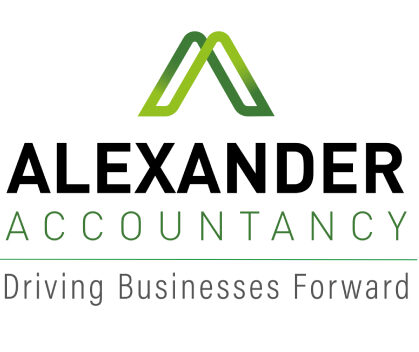Avoiding the last-minute tax return rush: A guide for business owners on preparing next year’s tax return
The annual self-assessment tax return deadline has just passed, and for many business owners, the experience may have been a mad scramble to gather documents, double-check figures, and submit their returns and pay the tax on time.
If that was your situation, you were in good company! HM Revenue and Customs said that 3.4 million taxpayers, almost a third, hadn’t submitted their tax return yet going into the final week before the deadline.
The stress of last-minute filing may have made you determined to get it all done earlier this year. The good news is that with proactive planning, next year’s tax return can be a much smoother process.
Here are some practical steps you can take now to avoid a last-minute rush and enjoy a more relaxed 2025.
- Review and reflect on this year’s process
Start by evaluating what worked well and what didn’t during this year’s filing. Did you struggle to locate receipts or invoices? Were you unclear about certain tax rules? Taking stock of these challenges now allows you to address them early. Make a list of improvements to implement, such as better record-keeping or seeking professional advice.
- Organise financial records regularly
Committing to updating your financial records on a regular basis can really help to eliminate last-minute stress. This could involve:
- Digitising receipts and invoices: There are apps and software you can use to scan and store receipts as they come in. Many programs will even categorise expenses automatically, saving you time later.
- Reconciling accounts monthly: Regular reconciliation ensures that your bank statements and your financial records match up. This can really help you to avoid missing something out.
- Maintaining a tax file: You could create a dedicated file (digital or physical) to store documents like business expenses, income records, and correspondence with HMRC. That way everything can easily be found when you need it.
- Use accounting software
Investing in reliable accounting software can simplify your tax preparation work significantly. Many modern tools will integrate directly with your bank accounts and track your income and expenses. Popular options include Xero, Sage and QuickBooks.
- Understand tax allowances and deductions
Tax rules can change annually, so it helps to stay informed and up to date. Try to familiarise yourself with the allowable expenses, reliefs, and deductions that are relevant to your business. For example, you may be able to claim for home office expenses, equipment, or professional services.
- Set up a tax savings account
Noone likes paying tax at the best of times, but a large, unexpected bill can cause a lot of financial strain. To avoid that, you could set aside money regularly for your tax. For instance, you could open a dedicated savings account and deposit a percentage of the income received each month.
- Plan ahead with a tax calendar
Many find it useful to create a tax calendar that highlights the key dates and deadlines that apply to them. Setting reminders well in advance can help to give you more time to prepare and avoid penalties.
These proactive measures can help you turn filing your tax return from a stressful ordeal into a manageable task. By starting early, staying organised, and making good use of technology you’ll save time, reduce stress and allow yourself to focus on growing your business.
If you would like any personalised advice on how to keep your tax records or advice and training on using accounting software, please get in touch we would be happy to help you! Click here to contact us or call 01283 743851




